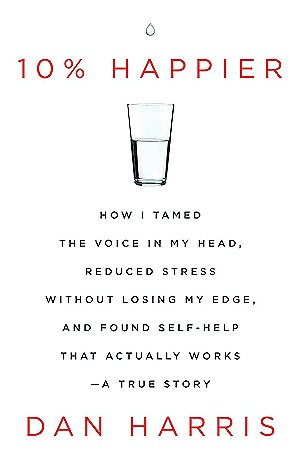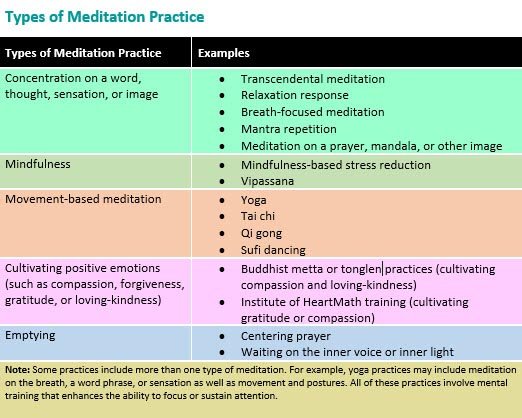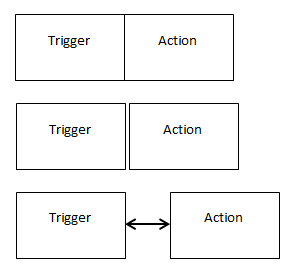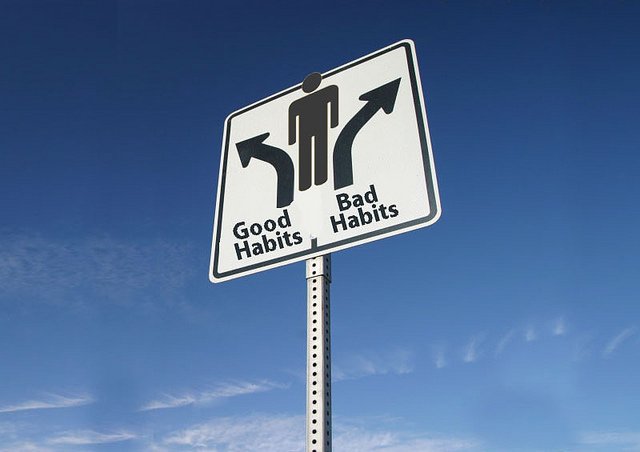Meditation: Why bother (Part 3)
I finally get around to why you should bother!
You can’t find instant happiness in a book. But that doesn’t mean someone won’t try to sell one to you. Most modern self-help books are full of shit and fall into two categories:
1. You can do anything you set your mind to and
2. How to cure low self-esteem.
And one of the biggest causes of low self esteem is failure, not being able to achieve what want. It’s cyclical. It's not effective. I never really subscribed to the first but I definitely felt like part of the reason I was unhappy was because I wasn’t confident enough. I read a shitload of books about confidence, habits and happiness in general. I read, for example Eckhardt Tolle’s “The Power of Now”. The ideas in it are great, but unfortunately Eckhardt just woke up one day on a park bench and found “Enlightenment” and although all of his books explain what it’s like having found it, none of them read as a how to manual to achieve this state.
One day I found a book that appealed to the pessimist in me called “10% Happier”. Now that was something I could get behind. All of these other book promising a happy-ever-after or anything-you-wish-for-if-only-you-believe-hard-enough, and here was one book that promised something that sounded realistic. 10% happier, who wouldn’t want that?

I started reading and the book turns out to be kind of like a biography of this guy who used to be a news anchor, foreign correspondent and cocaine addict who slowly finds his way to meditation through a series of interviews. And he really is quite sneaky about it and keeps a very secular attitude so that my very strong resistance to eastern mysticism wasn’t triggered as I progressed through the book. He explores the practical benefits and the neuroscience of meditation and mindfulness.
I thought, what the hell, if meditation can make me 10% happier, hell even if it can make me 2% happier, isn’t it worth a try?

I started with a free (to try) app called “Headspace”, which is quite ingenious, in that it actually mixes several types of meditation together.
What’s that?
Different types of meditation?

Unfortunately, as meditation and mindfulness exercises have become popular among certain groups the two terms have become umbrella terms to capture a very broad range of ideas. Almost everyone you ask will give you a unique definition of what mindfulness is (I think there may be more consensus about meditation), and will probably disagree slightly with the last definition you heard.
I always think that when people start throwing jargon around, it excludes people.
So what is meditation? What is mindfulness? Meditation is an exercise in consciousness. Mindfulness is the skill (or one of the skills) that you gain from such exercises.
So now I need to bring this back full circle: Why bother.
When we live our everyday lives, when we think our everyday thoughts, there are patterns that arise. These patterns have been building since you were an infant. The patterns, in which you think, may be similar to people around you in some subjects, but not in others. The patterns in which you think can make up part of your personality. So the patterns can change, but usually very slowly. Sometimes these patterns are good for you. They let you act without overthinking and getting bogged down in possibilities and considerations.
But at other times these patterns can be part of something that is decidedly not good for you. Bringing this back to smoking, the smoker will, when he feels like it, just take out a cigarette, light it and smoke it. Without much thought, they just do it. There are patterns of action, which most people call habits, and then there are patterns of thought. All habits obviously also have patterns of though, but have more of an outside, observable manifestation.

When you meditate you usually do 2 things:
1. You practice concentrating
2. You practice noticing when your mind wonders.
I said before that there are different types of mindfulness and different types of meditation, but I think in effect, they boil down to these two points. These are the two core mindfulness skills. You can concentrate on many different things (physical perceptions, your body, feelings, thoughts, “nothing”, mantras, emotions, etc. ) to gain that particular skill.
Yoga for example has taught me to be more aware of my body, my muscles, the perception of balance in my hands and feet, my breath. And this is done through practice. Simple as that. Q: How can I be more aware of my breathing? A: Practice being more aware of your breathing.
Remember that simple does not mean easy.
Why would you want to be aware of your breathing? That’s a topic for another day.
But it is the second point that actually makes meditation worth it, more than the first. In the daily hustle and bustle of our lives, and in the tracks of our habitual thought patterns, it’s very easy to just keep going. Like smoking. But this second mindfulness skill lets you do something new. It lets you recognise when you are on autopilot. On autopilot a trigger will cause an action. One thought will act as a trigger to another thought, or external event will trigger a physical reaction from you. Or any mix thereof. Basically there are triggers, and triggered actions.
And mediation allows you to build the skill that lets you become aware of that. And once you become aware that a “habit” is not just one thing but is composed of a trigger and action, you can put a tiny little pause between the two and separate them.
Like smoking. What is your trigger for lighting that next cigarette? I would say that most of the time it’s stress (from social situations, from work, or just from nicotine withdrawal. But smokers are not aware that the stress has triggered their “need” to smoke. They just “feel like it”.

But once you can put a tiny pause between trigger and action, thanks to our new mindfulness skill, you become aware of the two as separate entities, the trigger and the action. Once that pause, that gap, exists, you can start to fill it. You can fill it with time, and just become more aware of it. Or you can fill it with other thoughts. You can consider and analyse the trigger before diving right into the action.
And once you can do that, you’re free.
The possibilities are endless. Of course you don’t have to do this for every thought, but if you want to, you can. Instead of just feeling e.g. angry, you could really become aware of what external factor has caused you to be angry, think about it, consider someone else’s perspective, consider the usefulness of anger in the situation, etc. before you actually get angry.

And if you can eliminate negative habitual thoughts, getting 10% happier suddenly sounds like an understatement.
Why bother? Doesn't being able to do something like this seem like it may be worth 10 minutes of your day?
Everyone should definitely meditate- the benefits I've found from even a few moments a week are numerous and profound.
Great post!
Congratulations @jfaneumann! You received a personal award!
Click here to view your Board
Congratulations @jfaneumann! You received a personal award!
You can view your badges on your Steem Board and compare to others on the Steem Ranking
Vote for @Steemitboard as a witness to get one more award and increased upvotes!